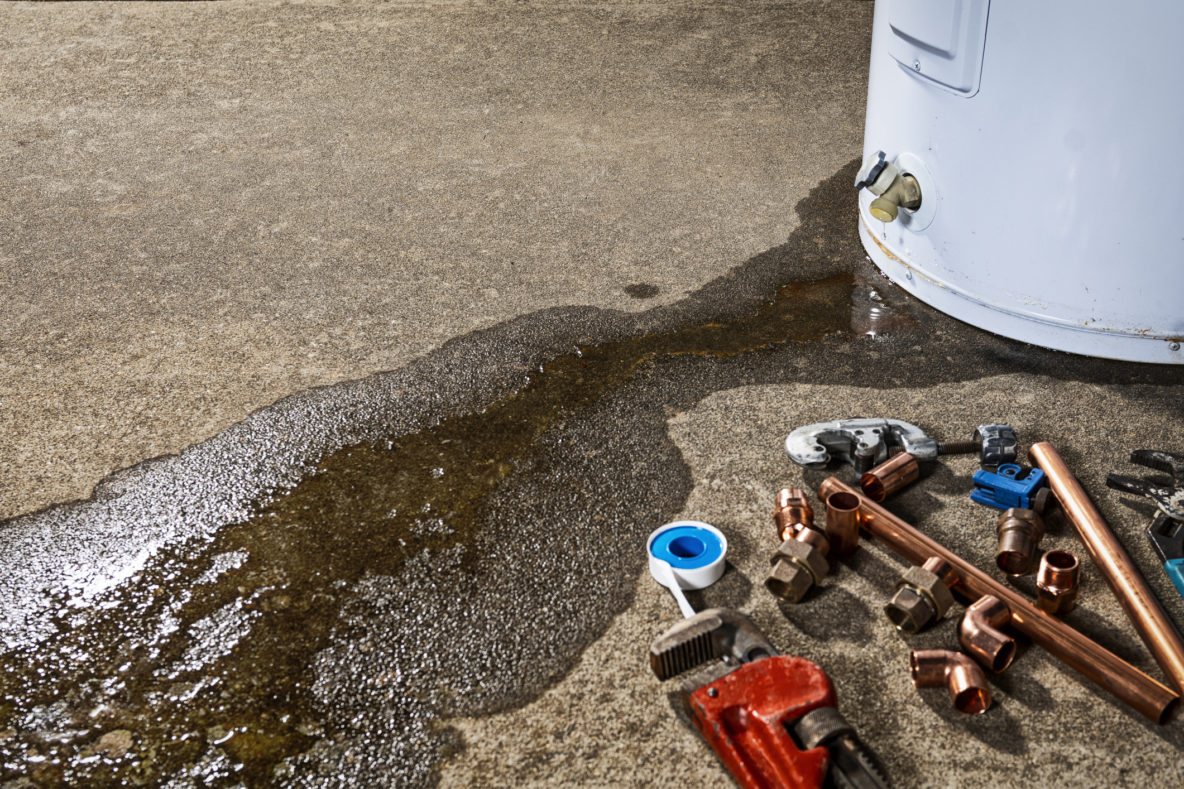Your property is a multi-million dollar asset, and preventive maintenance is the key to keeping it in good shape. “Preventive maintenance” is an easy phrase to say, but what does it actually look like for a property team that has 100 things to do and is constantly pressed for time?
Let’s take the example of boilers. Hiding in the basement of your building is that expensive, powerful piece of equipment – it needs constant care, and when it has an issue, your residents or tenants will ask for resolution right away, and it will cost you.
Here’s how many teams handle boiler inspections:
- They have a boiler vendor who visits a few times a year (or when something is already broken).
- The onsite team has a logbook where they’re supposed to walk the boiler room and report any issues on some schedule.
But there are lots of gaps in the above “plan.”
- What if the onsite team has a crazy day and forgets to do the logging for that day?
- When a new member of the property team is hired, how are they trained on that property’s boiler and what to look for?
- How can you evaluate at the end of a year (or any period of time) recurring issues with your boiler if all you have is a static logbook?
This is where having tech-driven, automated Standard Operating Procedures for preventive maintenance, and specifically in this case for regular Boiler Inspections, comes in. Ideally you have an SOP for boiler inspections across your portfolio (or even separate SOPs for each type of boiler you have in your properties), that makes “regular” boiler check-ins not only automated, so that staff gets reminders of when they need to be done without having to check a calendar or remember the date, but also easy to track digitally, and quick to complete.
The benefits of using a preventive maintenance SOP for boilers are pretty big:
- By being proactive, you’ll find small issues sooner and be able to get your vendor onsite ASAP before it becomes a huge headache – and huge cost.
- Your team, whether they’re 8 years on the job at a property or brand new, will have access to the exact schedule of boiler maintenance and steps that need to be taken each time.
- By tracking boiler data on a regular basis online, you can run reporting and find out which properties in your portfolio are having regular boiler issues and which ones are running smoothly.
No matter the size of your portfolio, the road to better boiler maintenance starts with a few simple steps:
Write down what you’d ideally like to happen every day, week, month, and year when it comes to your boilers. Is it a multi-step inspection or just a quick walk through? What documentation is required?
Write down who would be responsible for each of those steps – it is always the onsite property manager? Do you have maintenance staff who would pitch in? Having a “Directly Responsible Individual (DRI)” for every step ensures everyone knows who needs to do the work.
Think about what surprises or issues could be found when doing boiler checks. Are there certain times when you would want the property manager to immediately alert the vendor? Or alert building residents and tenants?
With this information, you’re on the road to building better boiler SOPs. Check out Part 2 of this blog post for information on how property management pros put boiler maintenance best practices into action.




